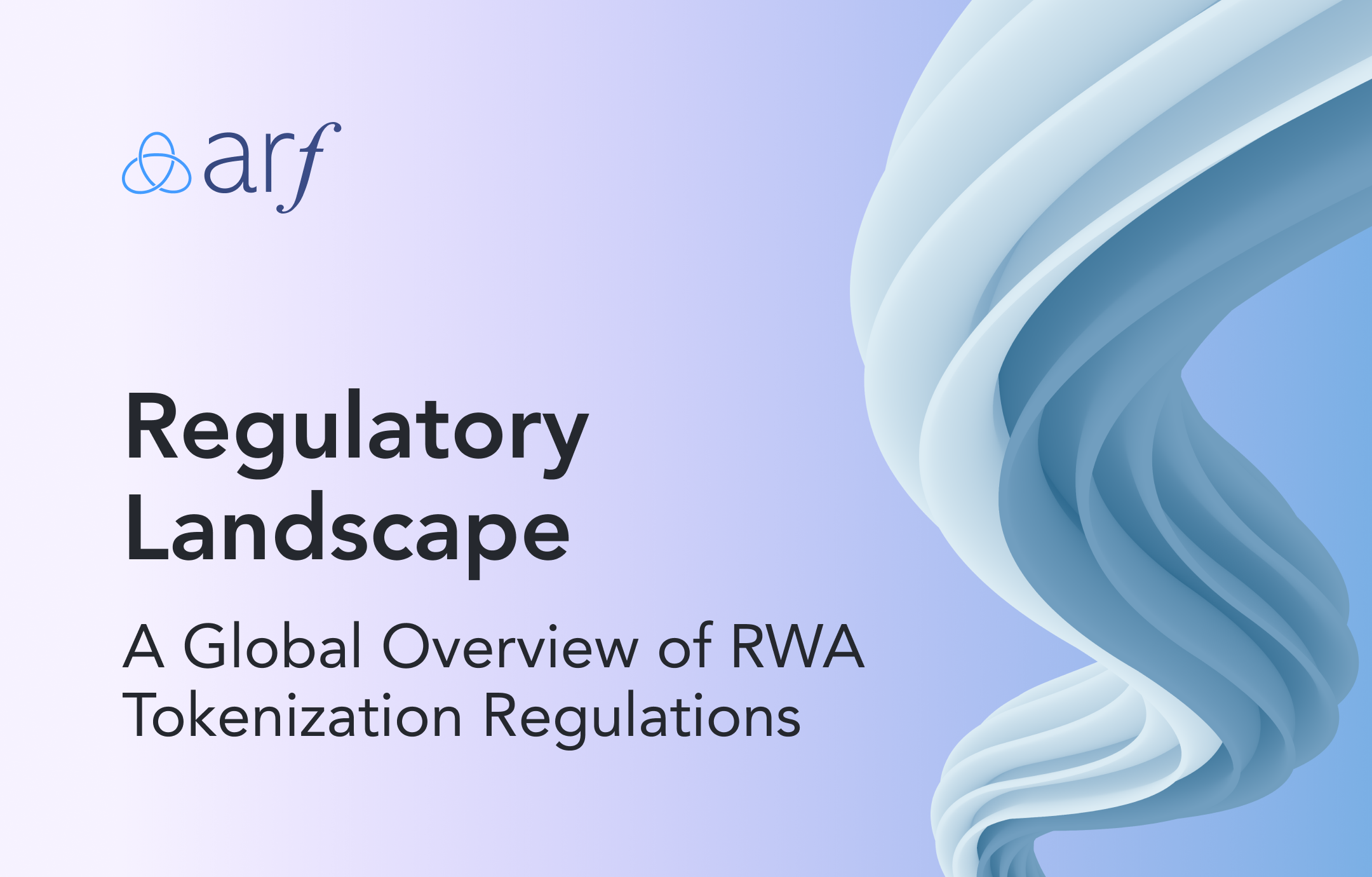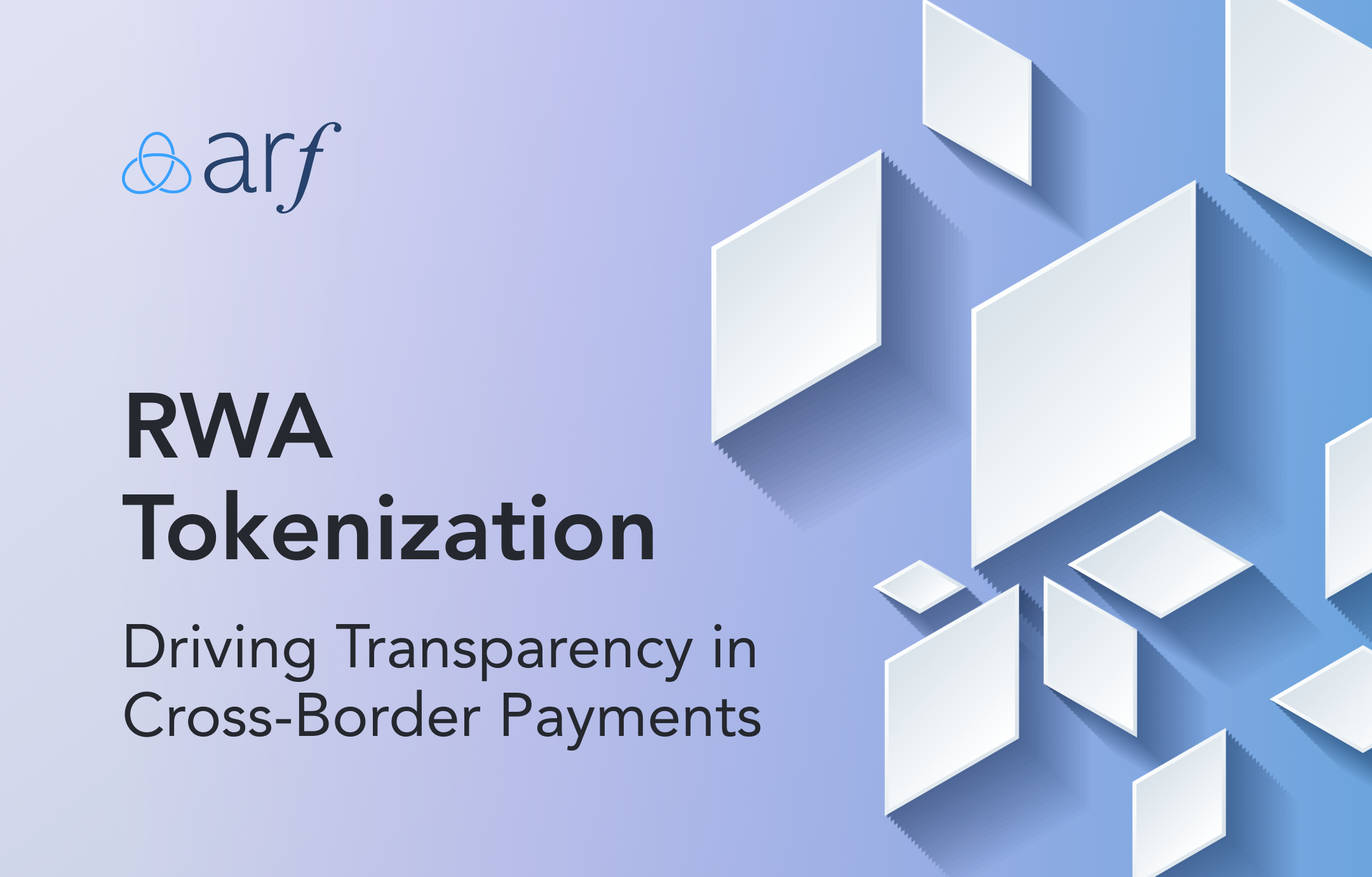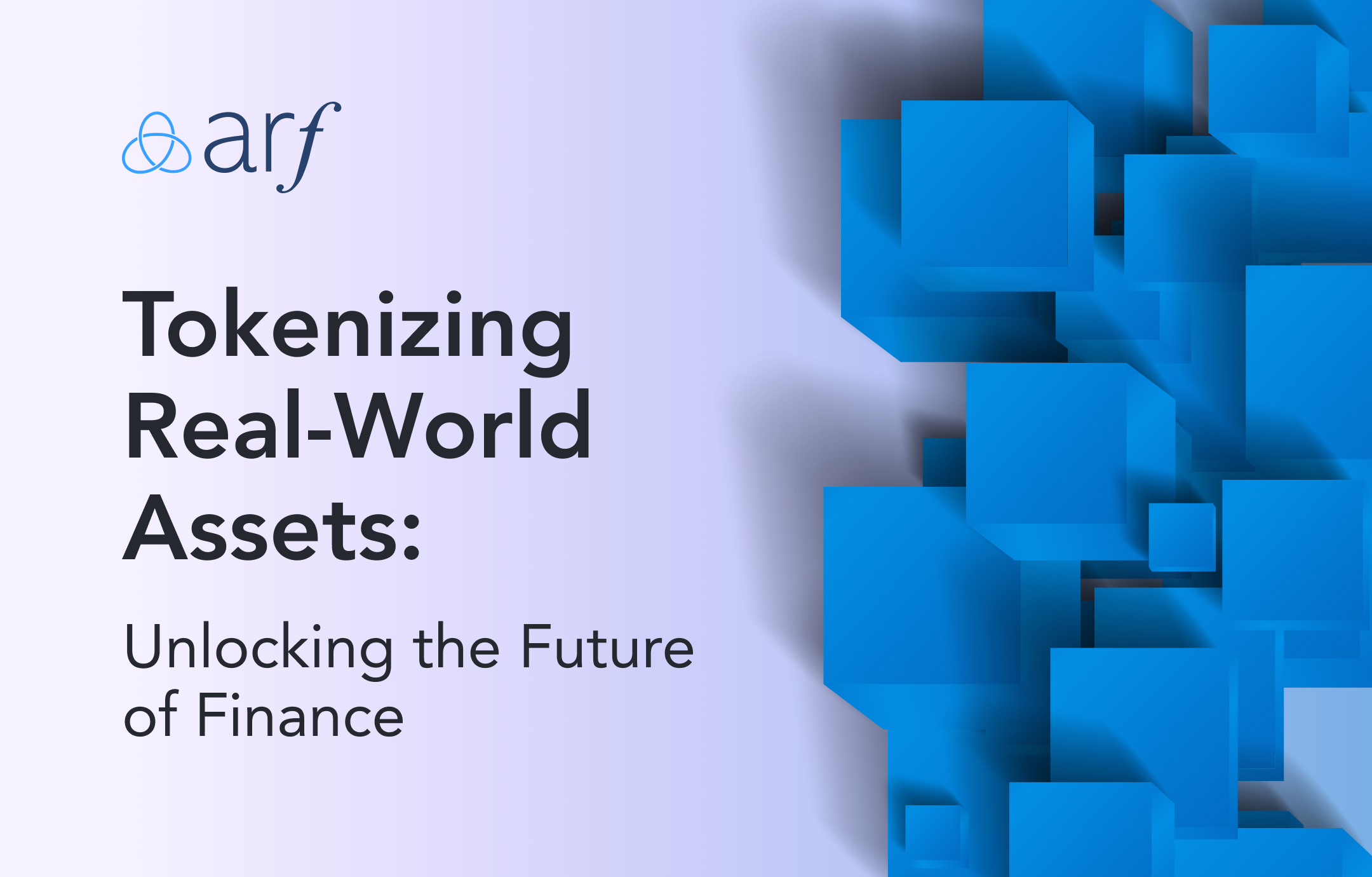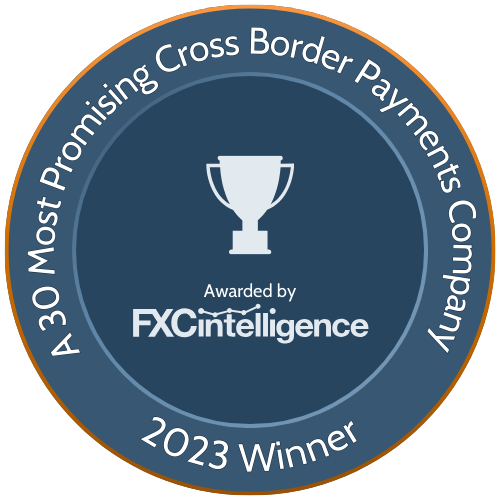RWA tokenization, a process transforming tangible assets into digital tokens on a blockchain, holds the potential for reshaping the financial landscape. This technology, promising broader access to diverse investment opportunities, simultaneously raises concerns about regulatory oversight.
Switzerland, Singapore, Hong Kong, the United States, and the United Kingdom are each navigating the evolving regulatory landscape for RWA tokenization.
Switzerland: Pioneering Innovation
Switzerland leads in crafting regulations for digital asset tokenization. The Swiss Financial Market Supervisory Authority (FINMA) proactively oversees the issuance, sale, and trade of tokenized assets. With a focus on risk-based regulation, Switzerland tailors regulatory requirements for each asset type, ensuring proportional oversight. FINMA's flexibility in adapting to the evolving tokenization landscape positions Switzerland as an innovative hub for asset tokenization, fostering competitiveness in the global market.
Singapore: Clarity and Consistency
The Monetary Authority of Singapore (MAS) issued comprehensive guidelines for security token issuance and set up a sandbox for testing new projects. Operating on the principle of "same activity, same risk, same regulation," MAS applies consistent regulatory principles to tokenized assets, ensuring clarity for businesses. Proactively promoting a global market, MAS collaborates with regulators globally, engaging with organizations like the Financial Stability Board (FSB) and the Committee on Payments and Market Infrastructures (CPMI).
United States: Cautious Openness
The U.S. has approached asset tokenization regulation cautiously, with the SEC expressing intent to apply existing securities laws without formal guidance, creating industry uncertainty. The regulatory landscape for tokenized assets in the US, including SEC and CFTC considerations, remains dynamic. While specific laws are yet to be defined, recent SEC actions provide some direction. Industry players advocate for clearer regulations to unlock the full potential of RWA tokenization.
United Kingdom: A Pragmatic Wait-and-See
In the UK, the Financial Conduct Authority (FCA) takes a cautious approach to asset tokenization, focusing on investor protection and anti-money laundering (AML) compliance. The regulatory sandbox provides a testing ground for innovative projects. While the FCA presently applies existing securities laws to tokenized assets, it remains open to new approaches, signaling a potential for flexibility in future regulations. Businesses in the UK's asset tokenization space must currently comply with existing securities laws, covering disclosure, investor protection, and AML requirements. The FCA is working with the industry to explore potential uses of tokenization which can be more efficient, transparent, and accessible to a wider range of consumers.
Conclusion
The global tokenization market size was valued at $2.03 billion in 2021 and the market is set for significant growth, projecting a compound annual growth rate (CAGR) of 24.09% from 2022 to 2030.1 However, the regulatory landscape for digital asset tokenization still is diverse. Global regulators acknowledge the potential advantages of RWA tokenization and actively seek a balance that fosters innovation and growth while safeguarding investors. As regulatory frameworks mature, the industry can expect heightened activity and increased global collaboration, unlocking the full potential of tokenization.
1https://www.grandviewresearch.com/industry-analysis/tokenization-market-report




